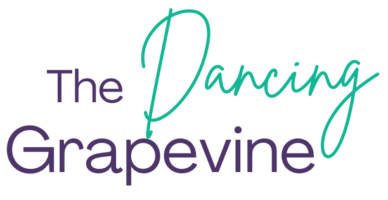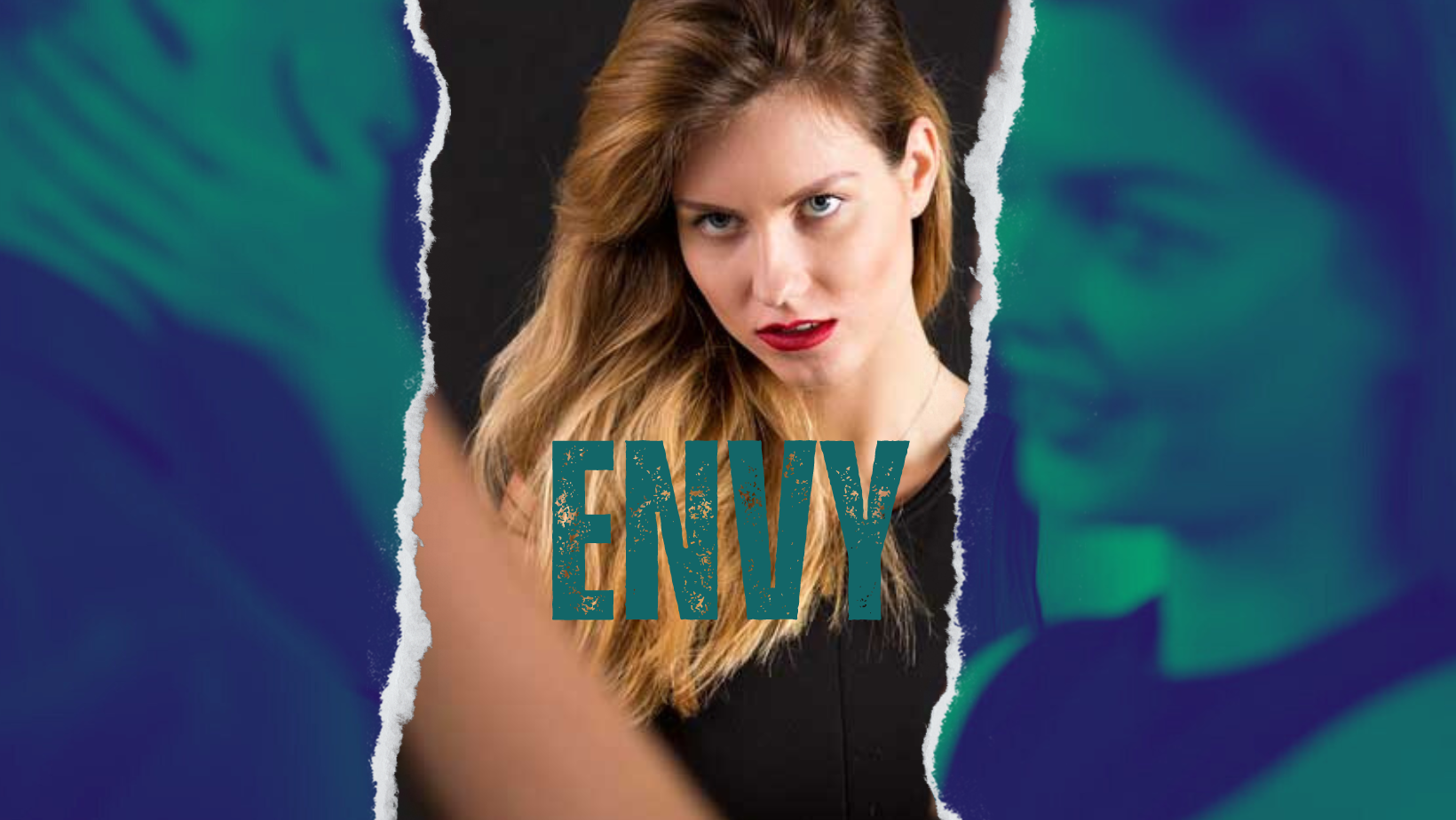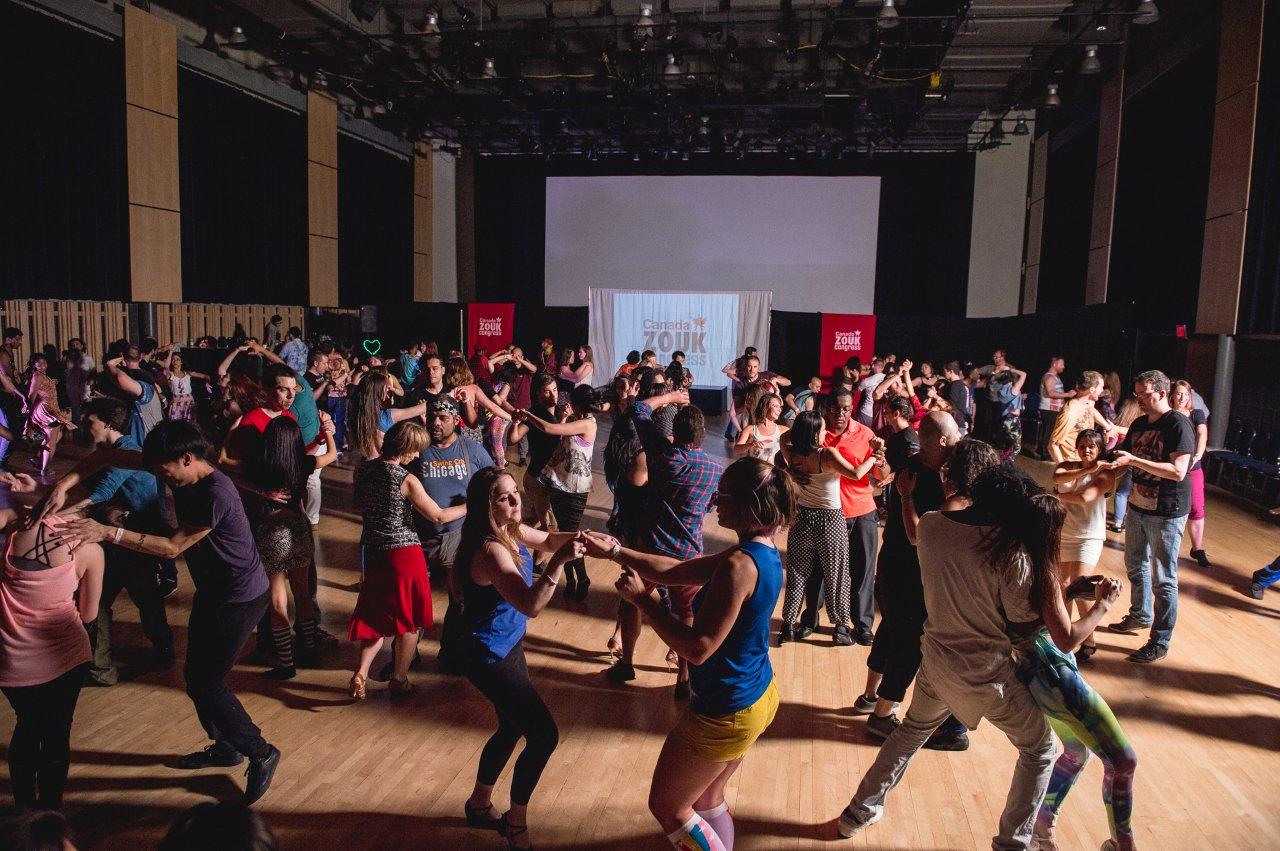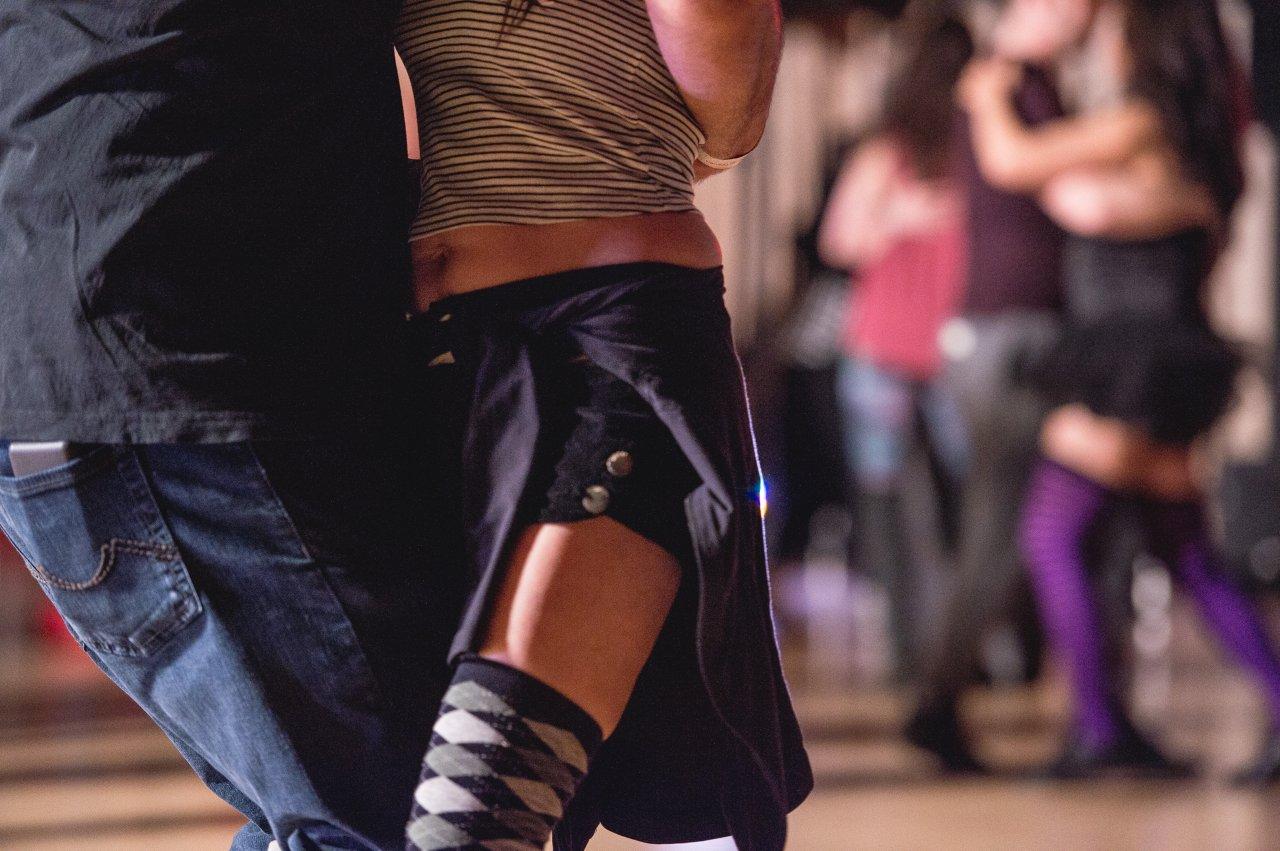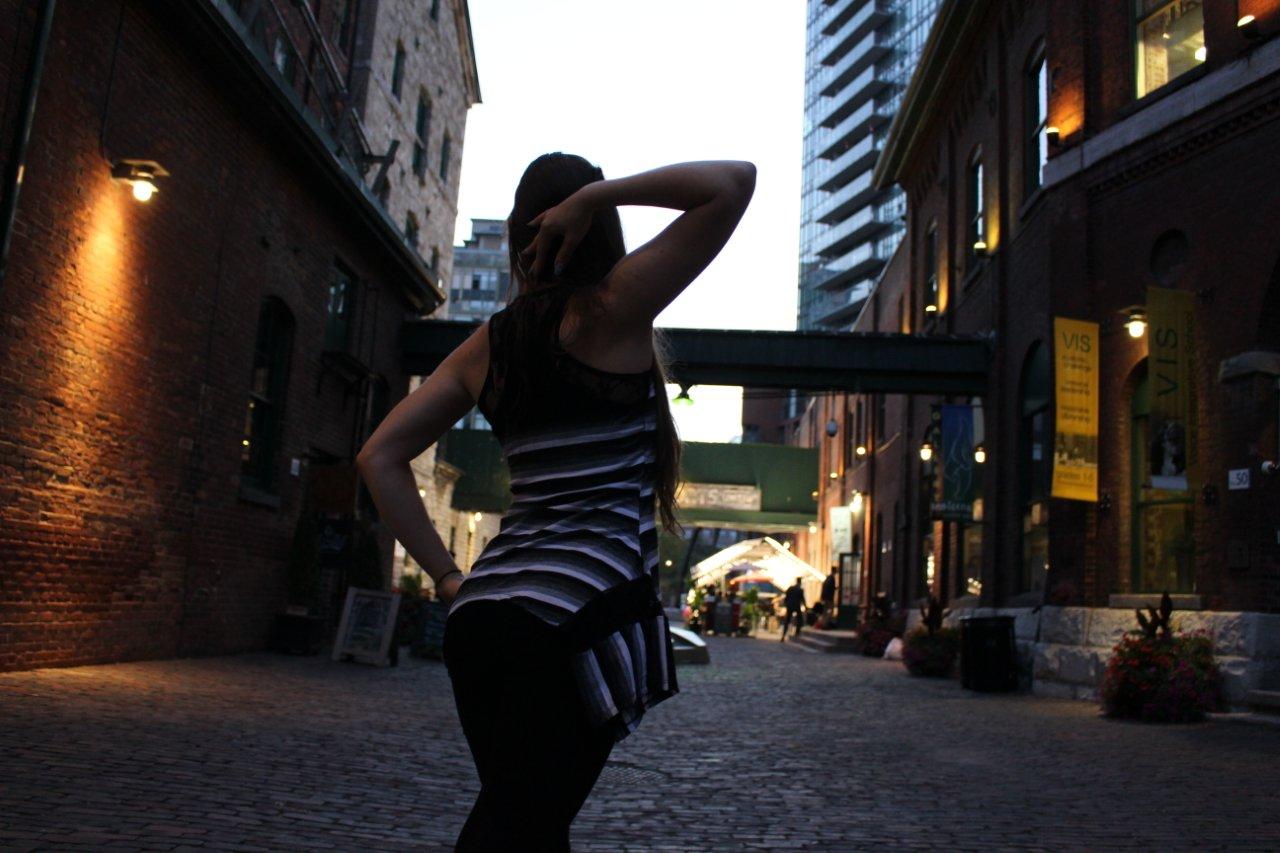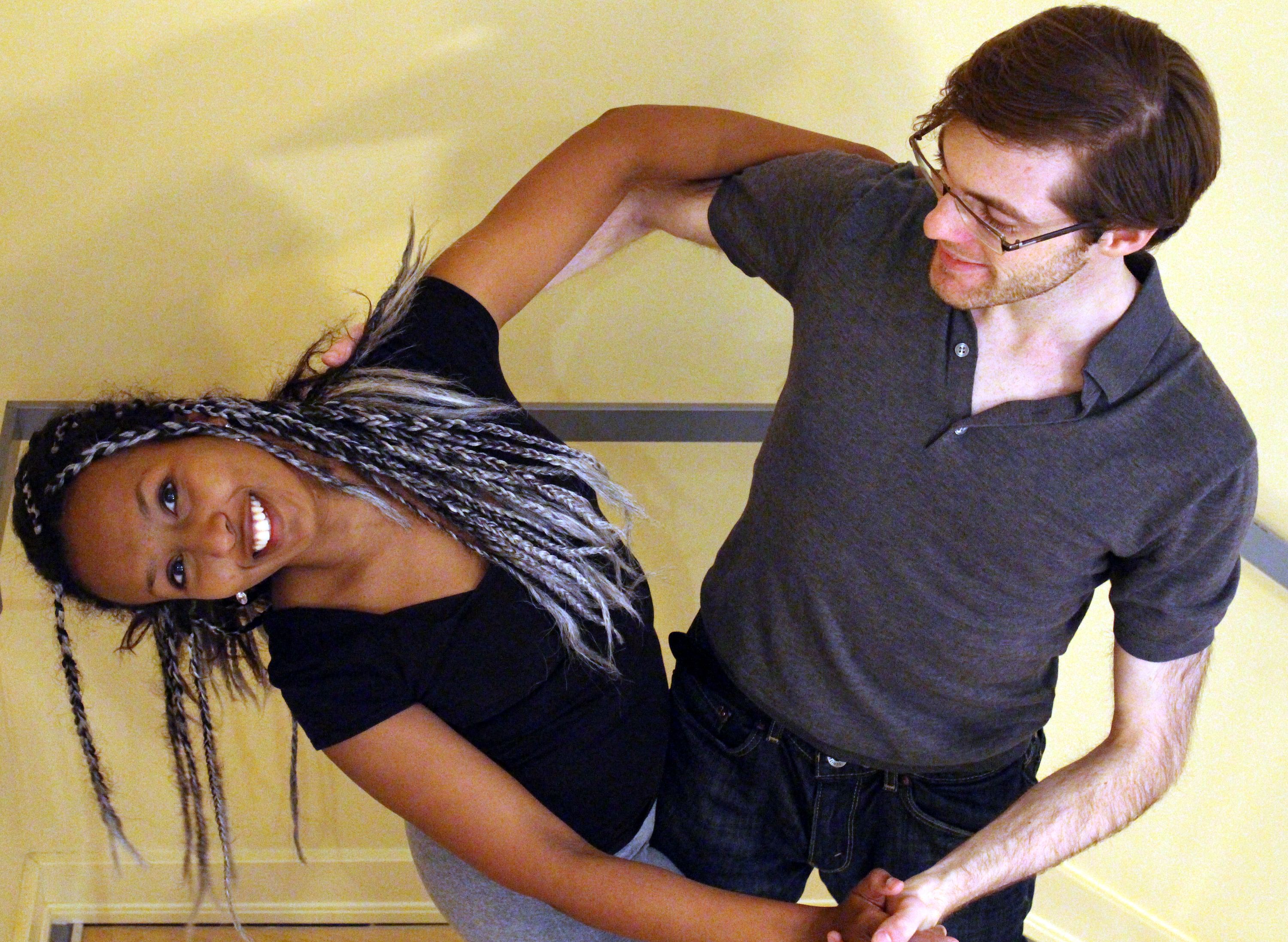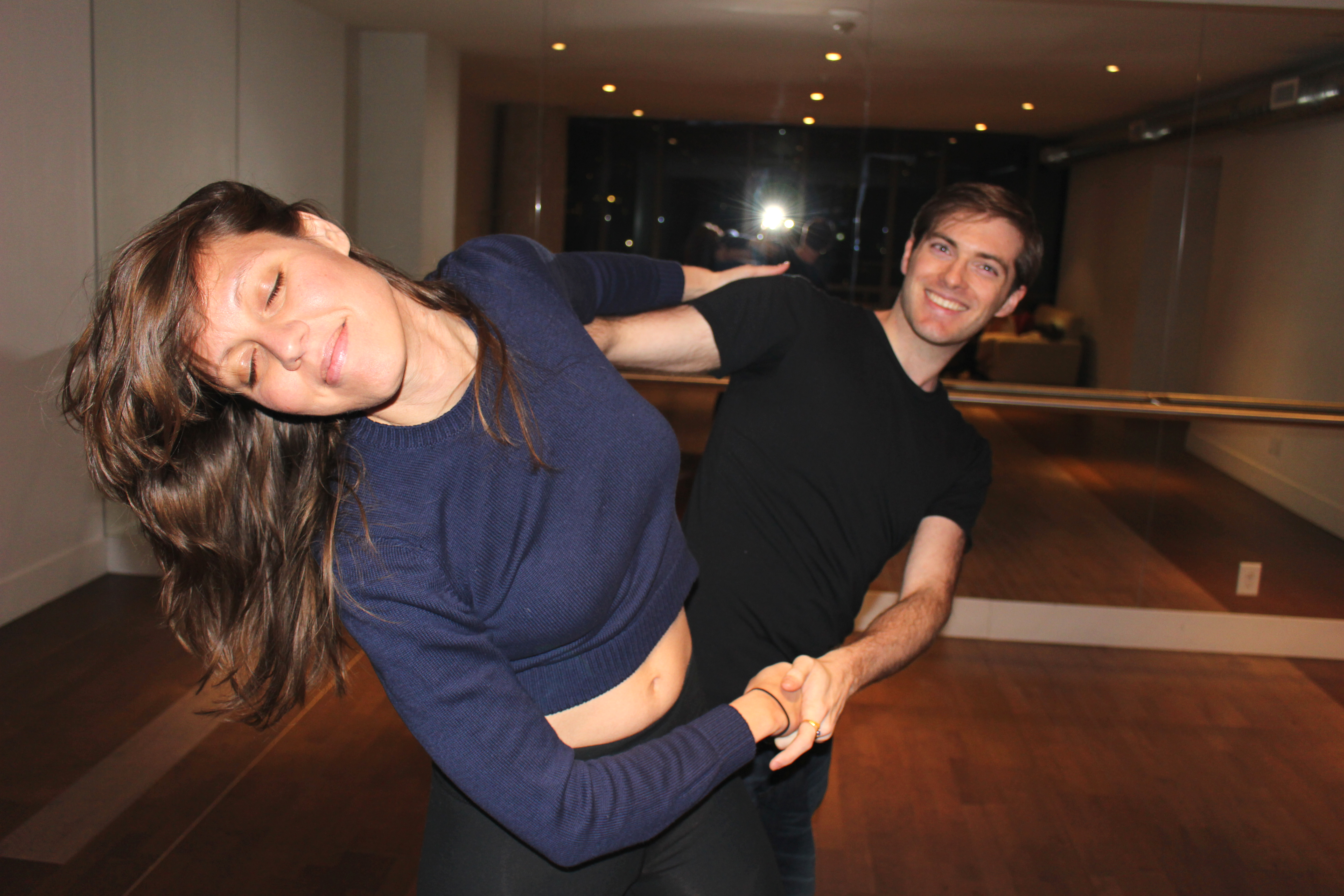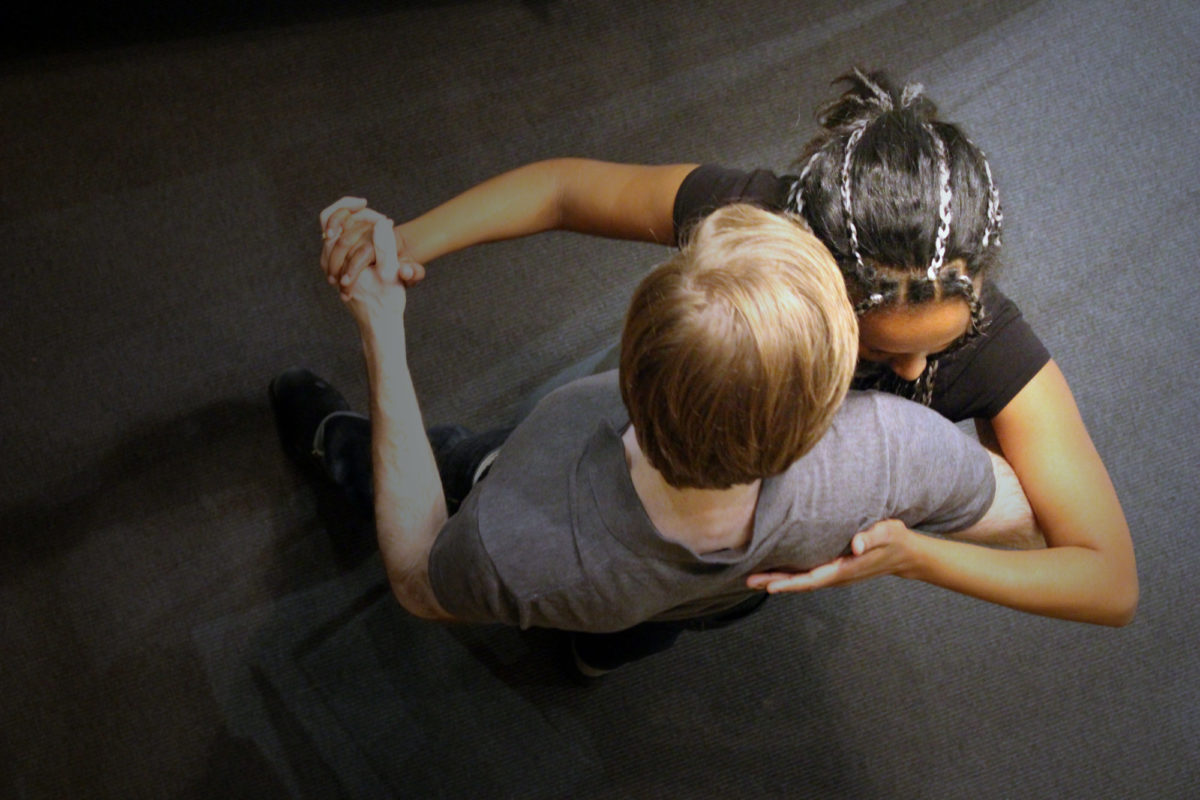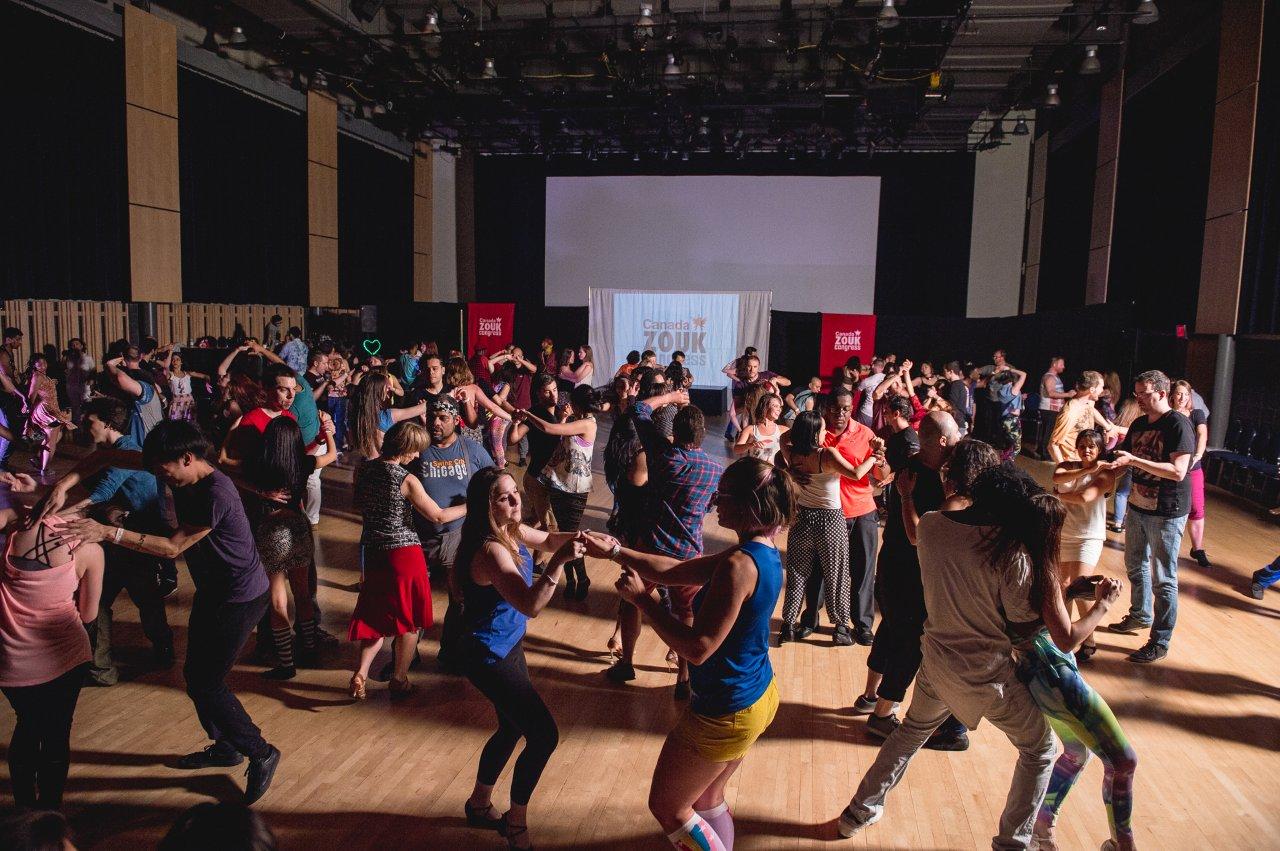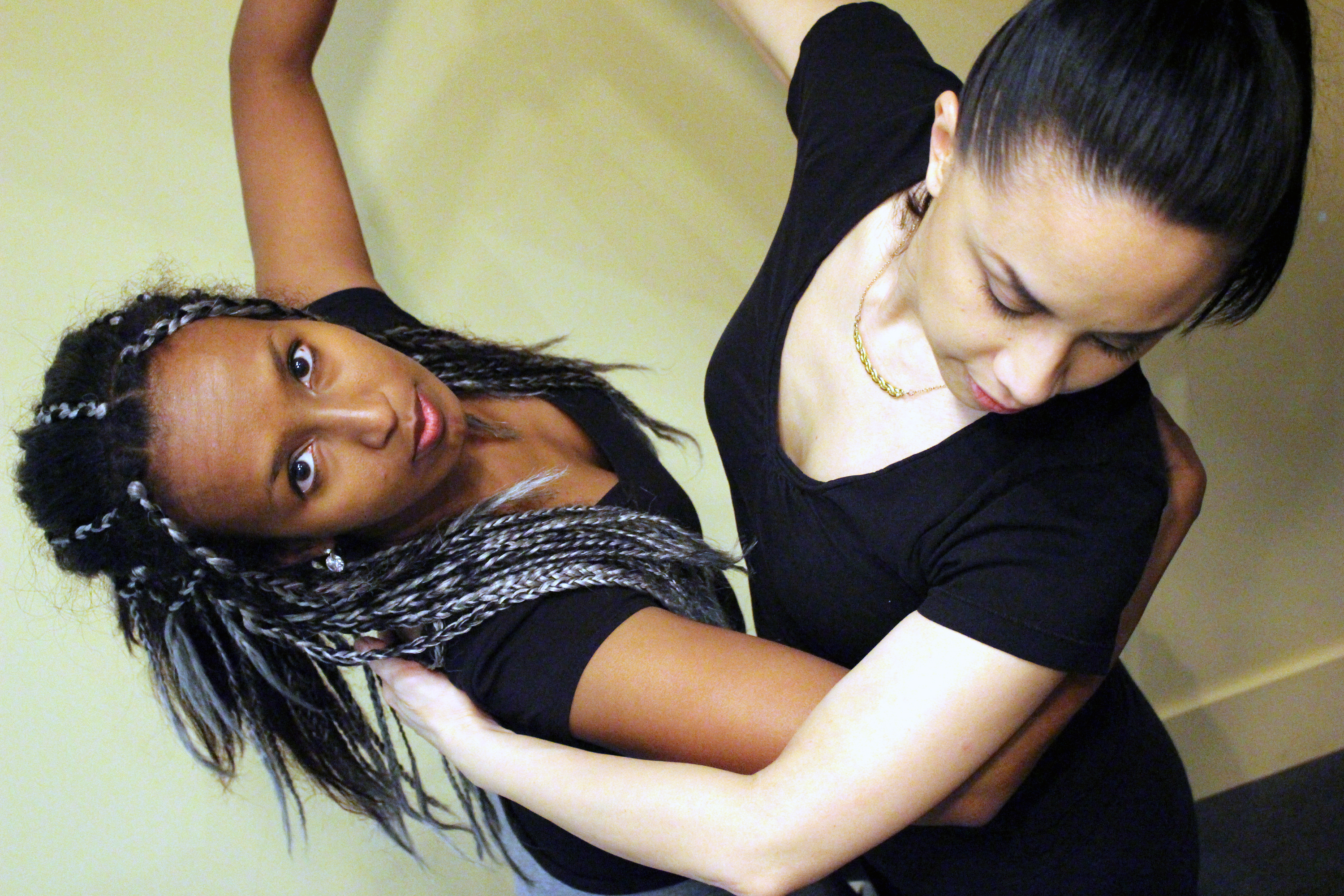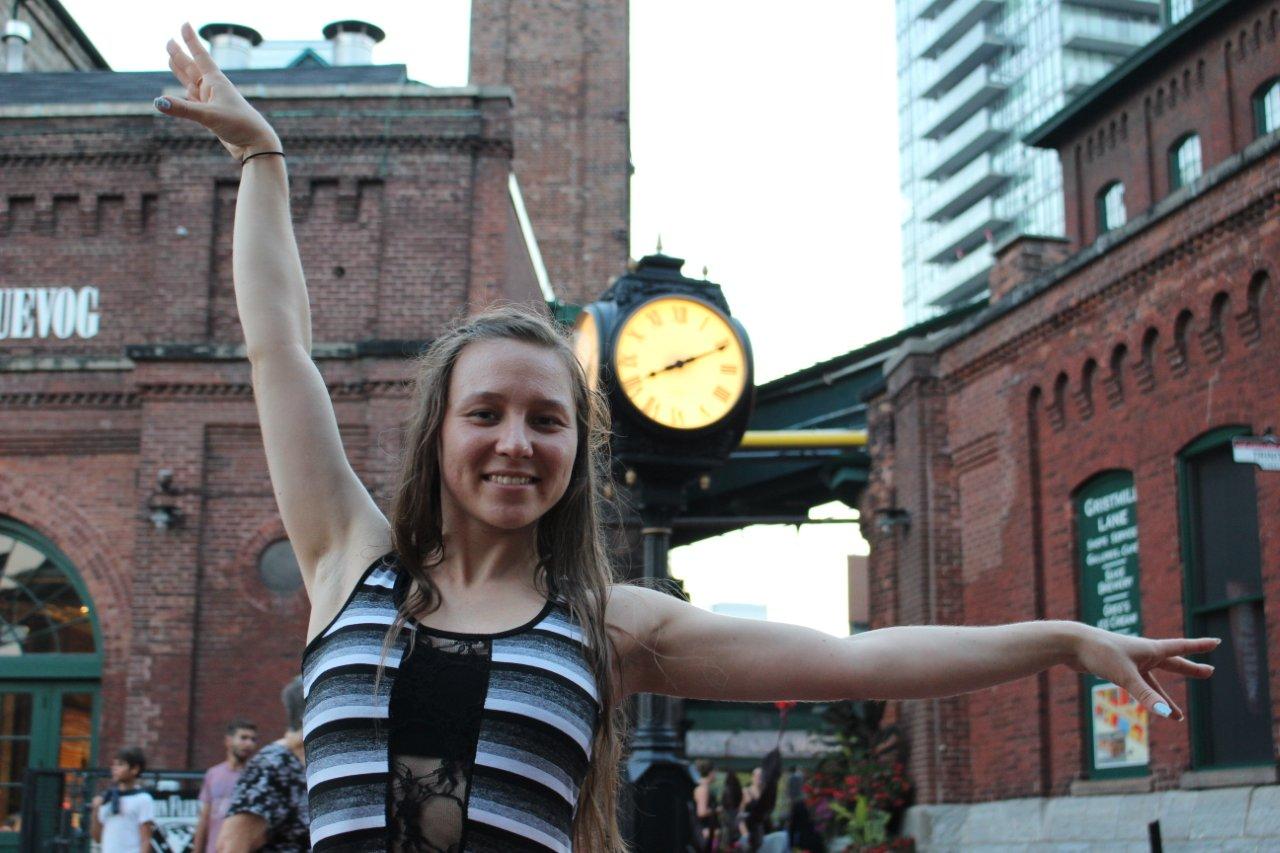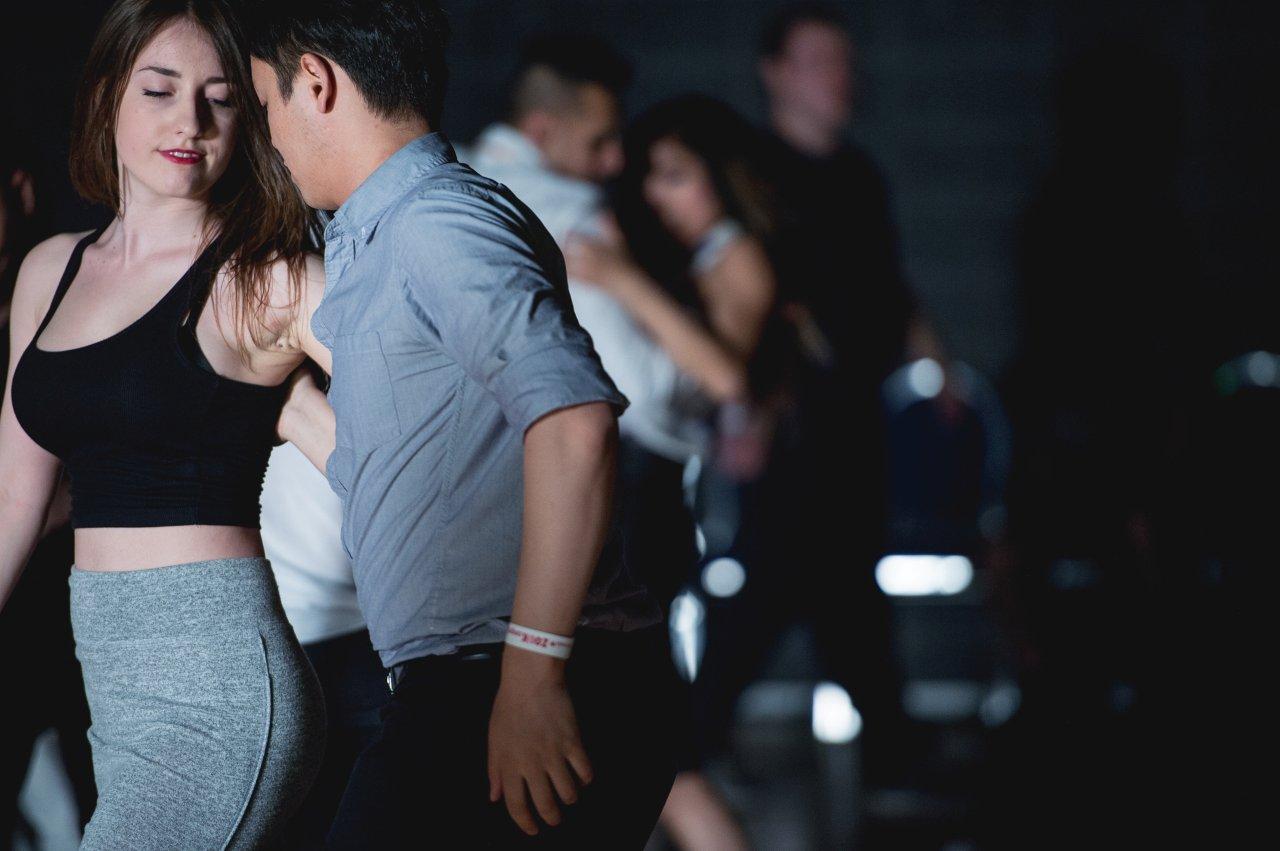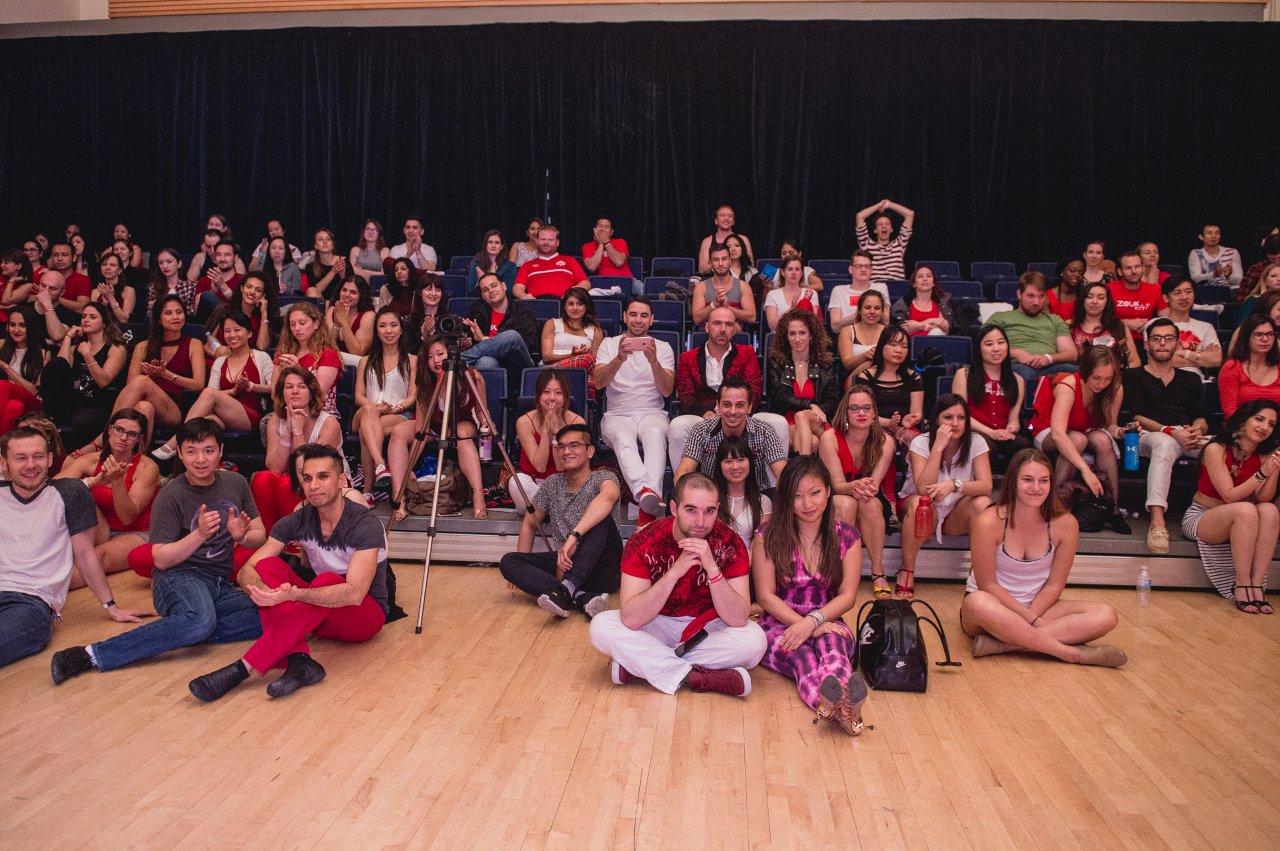Dance can cause a lot of emotional responses. A lot of the time, we focus on the joy; sometimes we call these “dance highs”. But, every high has a low. One of those lows can be envy. What triggers envy? The triggers for envy can be subtle or obvious, and can look very different depending on the person. You might feel envy: This isn’t an exhaustive list; jealousy can take many, many forms. Sometimes, that envy can coexist with very real prejudices. For example, young women who are considered stereotypically attractive – especially if they are also a strong dancer…
-
-
There are so many events to choose from, which means there are some tough choices. For some attendees, part of that choice involves identifying organizers who appear to have the best interests at the community as part of their decision-making and planning. This list includes some of the things I consider to be good indications of ethical organization. While this list isn’t comprehensive, it includes some signs you can look for to get a sense for whether the organizer is building up and positively influencing the community. It also does not mean an event is unethical for not doing one of these…
-
Today, I saw a video shared on Facebook. It was a girl dancing to a Bachata song with a guy. She and her partner were clearly having fun. She was also using a fair amount of twerking within the context of the dance. The person who had shared the video did so with the intent to illustrate how “inappropriate” the girl’s dancing was. The insinuation was that how she was dancing was disrespectful to what Bachata really is, and that people shouldn’t be allowed to dance like that. This particular video brings up more than one very difficult issue that we…
-
I turn 30 today. I started dancing when I was almost 20 (except for the ballet class I got kicked out of at age 5). That means that I’ve been dancing just over 10 years. From my infancy in Salsa to my current status as a Brazilian Zouk organizer and teacher, it’s been a long journey. In those 10 years, my dancing, my role, and my outlook has changed and evolved. Things I used to think were clear are shades of grey. This blog (started in 2013? 14?) is a living testament to that; my first few posts are very,…
-
A while ago, I wrote an article about the many reasons that professionals don’t always social dance. However, beyond that, there seems to be a fundamental disconnect both in how advanced dancers treat newer dancers, and the way that new dancers treat their dance idols. In many places, this has led to a strange dynamic where advanced dancers almost shun newer ones, while new ones create dance queues and demonize advanced dancers who are not super generous in their dances. As a social dancer in some styles and a professional in others, I’ve been on both sides of the divide.…
-
Over time, dance communities are moving towards a greater focus on follower empowerment. We are becoming more aware of the value followers bring to a dance, and the need to teach to both followers and leaders. But, some people are still a little bit foggy on what follower empowerment is. What follower empowerment is not As we explore what follower empowerment is, we need to remember that it is not about making followers more important than the leader, or insinuating that leaders are the bad guys. Rather, by giving more weight to the responsibilities and importance of the follower role, it actually reduces the…
-
Some of us complain that when we go to big events, congresses or festivals, we have a hard time getting dances. This specifically seems to affect solo travelers more than those coming with a large local group. These experiences can lead to us feeling deflated, insecure, and disillusioned. In some cases, it can even negatively colour the entire event experience. Others (particularly those who travel frequently) end up largely dancing with the same pool of desired and known partners. While this can be fun, it can also eliminate possible fantastic new partners. It also misses out on the thrills of bringing newer,…
-
I have always advocated strongly for dancers to speak up when something hurts, or when they’re uncomfortable. I still think it’s very important for dancers to learn how to use their voice. But, part of understanding our current social dance culture is also understanding that some people are not yet confident enough to speak up. No “Blame” (Usually) While we don’t like to think about it, sometimes we might be the person who made someone uncomfortable. There are very few (if any) people who actively want to make their partner uncomfortable. Most of us strive for the opposite. And, one of…
-
Question: What do all the following scenarios have in common? A follow is encouraged to walk off the floor if their lead unintentionally executes something rough. The lead is also called an “idiot” by the advice-giver. An advanced dancer is told that they’re selfish for dancing several times with their favourite dance partner. A scene leader is told that they’re self-centered for not giving more to their community. A girl gets rejected for dances because she wore something “too revealing.” A lead gets excluded from a social dance competition because he’s not “devoted to dance enough” for a competition where follows vote…
-
Beginners are one of the most important parts of a growing dance community. They’re our future. But, if you look at the beginners in any scene, you’ll notice a few patterns: there are types of beginners. Not everyone falls neatly under one “type.” Most will have facets of several of the categories below. 1. The Terrified One You see them at socials. But, they barely dance. They may even reject dances with you, because they’re so scared of putting themselves out there. If you do manage to get them onto the floor, they may apologize for how “bad” they are.…
-
Social dancers tend to covet the idea of becoming an advanced dancer. When beginners first start out, they ask “how long will it take for me to be an advanced dancer?” (Answer: depends completely on your skills, how seriously you take it, and how willing you are to learn.) Meanwhile, the advanced dancers in the scene are frequently sought out for dances. Depending on the genre, maybe multiple dances. Newcomers look up to them, intermediates want to be them, and fellow advanced dancers treat them with a sense of camradarie. It’s very easy to see that some things change when…
-
Dear Leaders, You’ve probably heard somewhere that if there’s a mistake, it’s always your fault. I want to tell you that this isn’t true. As a lead, you are supposed to compensate for a follow who is struggling. This might mean slowing down, changing the moves you use, or being more clear on what you would like. But, the fact that you’re supposed to compensate for your partner doesn’t make you at fault for every mistake that happens. Compensation is a great thing. But, there’s only a certain amount you can compensate for. For example, you can’t magically turn a…
-
It can be very hard to stay calm when you meet an arrogant dancer. Their “I’ve got this” and “I’m awesome” mentality can be grating for partners. Very often, arrogant dancers get conflated with dance snobs. But, I feel the two are different. Whereas snobs are consumed by how crappy everyone else is, arrogant dancers are generally preoccupied with keeping up their own reputation. The difference between dance snobs and some ‘arrogant’ dancers The dance snob tends to focus on why everyone else sucks. They may roll their eyes at beginners, accuse others of not working hard enough, and more. Their focus is on how…
-
It’s been a while since I got a very hard, blunt ‘No’ from a dancer. This weekend, I got to re-experience one when I moved outside my normal genres. I approached a guy who was sitting next to the dance floor. I asked him to dance. He looked me dead in the eye and said “no.” Which is fine; he doesn’t owe me a dance. And, I have no reason to need an explanation for the ‘no’. But, the manner of this particular ‘no’ actually made me think it was sarcastic at first. He looked me dead in the eye with a scowl…
-
If you identify as an advanced dancer, remember that with great power comes great responsibility. (Yes, that’s incredibly corny. No, I don’t regret it.) When you become an advanced dancer, the superpower you gain is your awesome dance skills. You can use those skills to further your own pleasure and gain by holding them back from the newer dancers below you. Or, you can give those skills freely to the new dancers waiting to be inspired. “Waiting” to be inspired I say waiting to be inspired for a very specific reason: most newer dancers aren’t actually “inspired” by the dance…
